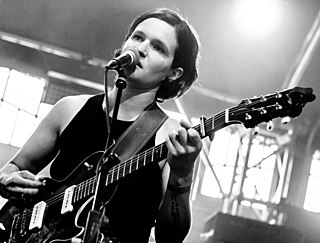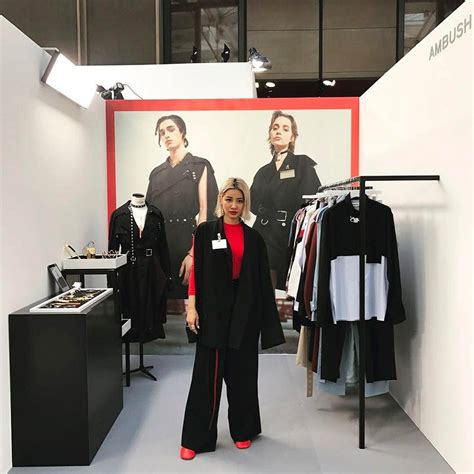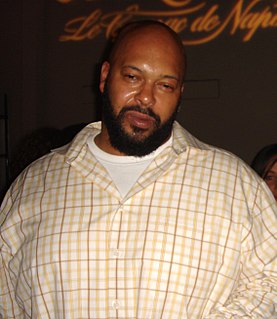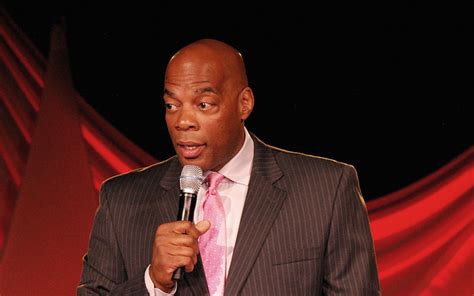A Quote by J. G. Ballard
Related Quotes
The state of New Jersey is really two places - terrible cities and wonderful suburbs. I live in the suburbs, the final battleground of the American dream, where people get married and have kids and try to scratch out a happy life for themselves. It's very romantic in that way, but a bit naive. I like to play with that in my work.
I must remind you that starving a child is violence. Suppressing a culture is violence. Neglecting school children is violence. Punishing a mother and her family is violence. Discrimination against a working man is violence. Ghetto housing is violence. Ignoring medical need is violence. Contempt for poverty is violence.
We must realize that violence is not confined to physical violence. Fear is violence, caste discrimination is violence, exploitation of others, however subtle, is violence, segregation is violence, thinking ill of others and condemning others are violence. In order to reduce individual acts of physical violence, we must work to eliminate violence at all levels, mental, verbal, personal, and social, including violence to animals, plants, and all other forms of life.
I'm so sick of seeing guns in movies, and all this violence; and if there was going to be violence in Pines, I wanted it to actually be narrative violence. I wasn't interested in fetishizing violence in any way of making it feel cool or slow-motion violence. I wanted it to be just violence that affected the story.
My approach to violence is that if it's pertinent, if that's the kind of movie you're making, then it has a purposeI think there's a natural system in your own head about how much violence the scene warrants. It's not an intellectual process, it's an instinctive process. I like to think it's not violence for the sake of violence and in this particular film, it's actually violence for the annihilation of violence.






































